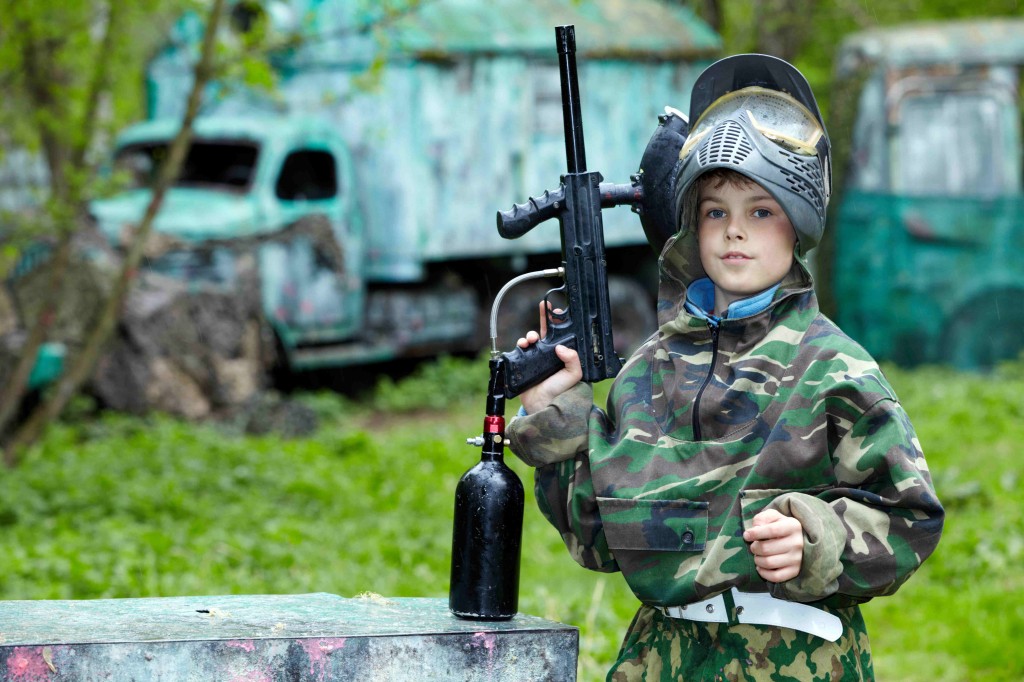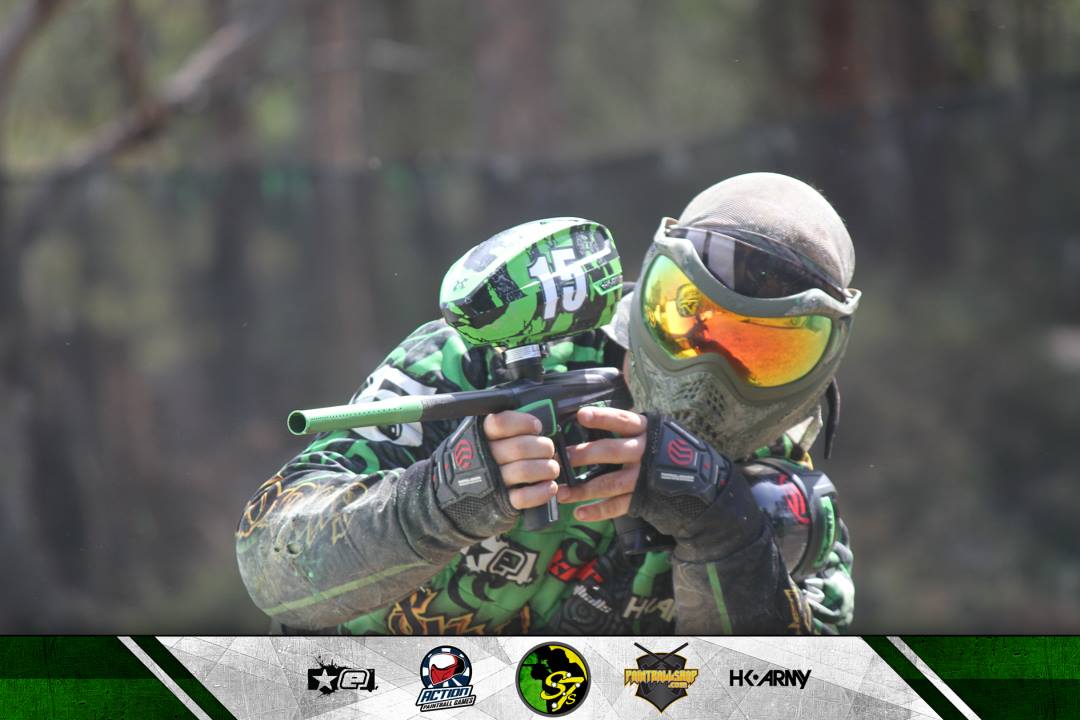APIA Mission
The association objectives are:
- To facilitate a greater understanding of the paintball industry in Australia
- To standardise the industry rules and regulations throughout Australia
- To help promote growth in the paintball industry in Australia
Changes we are campaigning for
Background:
Paintball is a sport in which players compete, in teams or individually, to “eliminate” opponents by tagging them with capsules containing water soluble dye contained in a soft gelatin shell (the paintball). Paintballs are launched (fired) from a marker that in some aspects resembles the appearance of a firearm.
Paintball is a rapidly growing, active adventure sport in Australia and worldwide. Paintball caters for participants of all ages and skill levels – from the young to the not-so-young and from the casual occasional player to the serious regular competitor.
Paintball provides opportunities for active, outdoor exercise in a safe and highly controlled environment.
It is a highly regulated sport but is hampered by the inappropriate classification of Paintball markers as “Prohibited Firearms” and included in Schedule 1 of the Firearms Act 1996. NSW is the only jurisdiction in the world where paintball markers are classified as prohibited firearms. This is significantly restricting the development of the sport of Paintball in NSW, especially visitation by interstate and international participants and teams to compete in accredited events.
Act Amendments:
The Paintball Industry Association in NSW supports appropriate regulation including licensing via permit of operators, safe storage requirements, approved personal protective equipment (PPE) for participants and appropriately trained staff. The following are key issues that can be resolved by the following sensible amendments to the Act and Regulations.
1. Removal of paintball “Guns” from Schedule 1: Prohibited Firearms of the Firearms Act 1996
Paintball “guns” were never designed to be, nor are they lethal. Currently they are classified as “prohibited firearms” and listed on Schedule 1 (Prohibited Firearms) of the Firearms Act 1996. To reflect the non-lethal nature of paintball “guns” a new category of license should be introduced such as “Category P: Non-Lethal Paintball Gun”.
2. Removal of the current age restriction on Paintball
The current age limitation restricting participation in paintball games is nonsensical. There is no age limitation preventing children in other active outdoor games such as BMX or mountain bike riding. It would be sensible to amend the minimum age for participation in paintball games to 12 years of age as exists in South Australia, Western Australia and the rest of the world.
3. Removal of the requirement to apply for a Permit to Acquire (P562) to buy a paintball gun
As paintball “guns” are non-lethal, there is no logical need to obtain a Permit to Acquire application form. It should only be necessary for intending purchasers to produce a current paintball gun license to purchase a paintball gun.
4. Removal of the need to pass a long arms firearms safety test
The safety training required by Paintball participants us entirely different to the training required by real firearms users. In paintball games, the “gun” is meant to be pointed at the opponent; the cardinal rule for real firearms users is never point a firearm at a person.
5. Removal of the Level 2 gun safe storage requirement for paintball “guns”
As paintball “guns” are non-lethal and do not closely resemble real firearms, they are unlikely to be a target for theft for use in criminal activity. The requirement to store paintball guns in a specialised Level 2 gun safe (as required by Category C, D and H firearms) imposes unreasonable and unnecessary costs on owners of paintball “guns”. It should be sufficient for paintball “guns” to be stored in a simple locked cabinet.
6. Introduction of a 12 month Overseas Competitors Permit
Currently overseas competitors travelling to compete in paintball competitions in Australia are required to obtain a permit for each and every event. With Overseas Competitor Permits costing AUD$75.00 each, the cost of competing in Australia is expensive.
The introduction of an annual, one-off permit for overseas competitors that covers all competitions over the course of 12 months would enable competitors to apply just once a year. This would result in a substantial reduction in the cost of competing in Australia (NSW) and a reduction in the processing of multiple permits for individual overseas competitors.
7. Removal of restrictions on certain paintball “guns”.
Paintball is a healthy and safe outdoor activity for children. As with any sport, there are clear benefits the earlier involvement commences.
Allowing the use of JT Splatmaster™ low-impact paintball markers by younger players aged 8+ at approved paintball parks, with all the same conditions as a current Conduct Games permit allows, would provide a logical entry level of access to paintball for younger participants.
8. Clear, unambiguous guidelines for the Paintball industry
A clear set of unambiguous rules as to what is deemed legal to own and what is not is urgently required by the paintball industry in NSW
The industry needs rules that are not made up on the spot and continually changed by the NSW Firearms Registry.
9. Responsibility for the regulation of Paintball
Paintball is a game – this is acknowledged in Section 57 of the firearms regulation: “Permit to conduct paint-ball games”
Regulation responsibility for the paintball industry and paintball “guns” more appropriately rests with the Office of Sport and Recreation NSW not the NSW Firearms Registry



